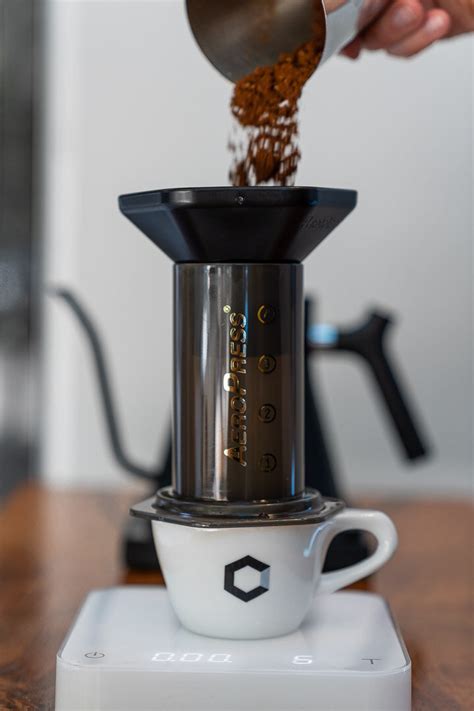Probiotic Yogurt - calories, carbs, nutrition
Probiotic Yogurt contain several important nutrients: 100 gram only contains 100 calories, on average. However, more than 74% of probiotic yogurt is composed of carbs 18 grams. It also contains 1 grams of fat, 4 grams of protein and 12 grams of sugar.

100 | 18 g (74%) | 4 g (16%) | 1 g (9%) | 12 g |
Probiotic Yogurt Nutritional Facts
Serving Size: 100 gram
- Carbs - 18 g
- Dietary Fiber - 2 g
- Sugars - 12 g
- Fat - 1 g
- Saturated - 0.5 g
- Polyunsaturated - 0 g
- Monounsaturated - 0 g
- Trans - 0 g
- Protein - 4 g
- Sodium - 45 mg
- Potassium - 0 mg
- Cholesterol - 5 mg
- Vitamin A - 2 %
- Vitamin C - 2 %
- Calcium - 10 %
- Iron - 2 %
Percentages are based on a diet of 2000 calories a day.
How many calories are in probiotic yogurt?
Probiotic Yogurt contain around 100 calories, but this can vary by the serving size and how you consume it. Below are the calorie contents of different serving sizes of probiotic yogurt:
- 100 gram: 100 grams
- 1 milligram: 0 grams
- 1 gram: 1 grams
- 1 ounce: 28.3 grams
- 1 pound: 453.6 grams
- 1 kilogram: 1000 grams
If you are unsure about the size of your probiotic yogurt, you can estimate that an average probiotic yogurt contains about 100 calories. About 74% of probiotic yogurt calories come from carbs, 16% from protein, and 9% from fat.
How many carbs are in probiotic yogurt?
Here is the carb content of standard serving sizes probiotic yogurt:
- 100 gram: 18 grams
- 1 milligram: 0 grams
- 1 gram: 0.2 grams
- 1 ounce: 5.1 grams
- 1 pound: 81.6 grams
- 1 kilogram: 180 grams
Probiotic Yogurt also contains 2 grams of fiber, depending on its size. You can subtract 2 grams if you are looking for the net carb content 16 (net carbs = total carbs - fiber).
How does Probiotic Yogurt fit into your Daily Goals?
This table contains Fitness Goals for Heart Healthy:
| Used | Left | |
|---|---|---|
| Calorie Goal | 100/2000 Cal | 1900 Cal |
| Fat | 1/67 g | 66 g |
| Sodium | 45/2300 mg | 2255 mg |
| Cholesterol | 5/300 mg | 295 mg |
This table contains Fitness Goals for Low Carb:
| Used | Left | |
|---|---|---|
| Calorie Goal | 100/2000 Cal | 1900 Cal |
| Carbohydrates | 18/250 g | 232 g |
| Sugar | 12/75 g | 63 g |
| Fiber | 2/25 g | 23 g |
This table contais Fitness Goals for Macronutrients Focused:
| Used | Left | |
|---|---|---|
| Calorie Goal | 100/2000 Cal | 1900 Cal |
| Fat | 1/67 g | 66 g |
| Carbohydrates | 18/250 g | 232 g |
| Protein | 4/75 g | 71 g |
How long would it take to burn off 100 calories?
Values estimated based on person weighing 140 lbs.
- Cycling - 15 minutes
- Running - 10 minutes
- Cleaning - 36 minutes
- Walking - 99 minutes
- Pilates - 28 minutes
- Burpee - 97 minutes
- Basketball - 65 minutes
- Volleyball - 85 minutes
- Squash - 72 minutes
- Skiing - 30 minutes
- Gardening - 69 minutes
- Sleep - 80 minutes
How many protein are in probiotic yogurt?
Probiotic Yogurt is a good source of quality protein, with just 100 gram containing 4 grams.
Look at the list of protein content in different servings of probiotic yogurt:
- 100 gram: 4 grams
- 1 milligram: 0 grams
- 1 gram: 0 grams
- 1 ounce: 1.1 grams
- 1 pound: 18.1 grams
- 1 kilogram: 40 grams
Protein is necessary for many vital functions in your body, including growth and development, cellular repair and immune system regulation.
How many sugar are in probiotic yogurt?
However, despite having all the nutritious qualities of probiotic yogurt, 100 gram of probiotic yogurt comes with almost 12 extra grams of added sugar.
Compare the sugar content of different servings of probiotic yogurt:
- 100 gram: 12 grams
- 1 milligram: 0 grams
- 1 gram: 0.1 grams
- 1 ounce: 3.4 grams
- 1 pound: 54.4 grams
- 1 kilogram: 120 grams
If you are liberal with your servings, this makes it easy to consume a lot of sugar without meaning to. To make sure you are not getting too much, check the labels and choose serving with the least amount of added sugar. Also, remember to watch your portion size.
How much fat is in probiotic yogurt?
Probiotic Yogurt contain on average 1 grams of total fat per serve (100 gram) – the majority - 0,5 grams - of that fat is also classified as unsaturated, with only 0.5 grams being saturated fat.
Here is an example of the fat content in popular servings of probiotic yogurt:
- 100 gram: 1 grams
- 1 milligram: 0 grams
- 1 gram: 0 grams
- 1 ounce: 0.3 grams
- 1 pound: 4.5 grams
- 1 kilogram: 10 grams

 mainadmin
mainadmin 

















